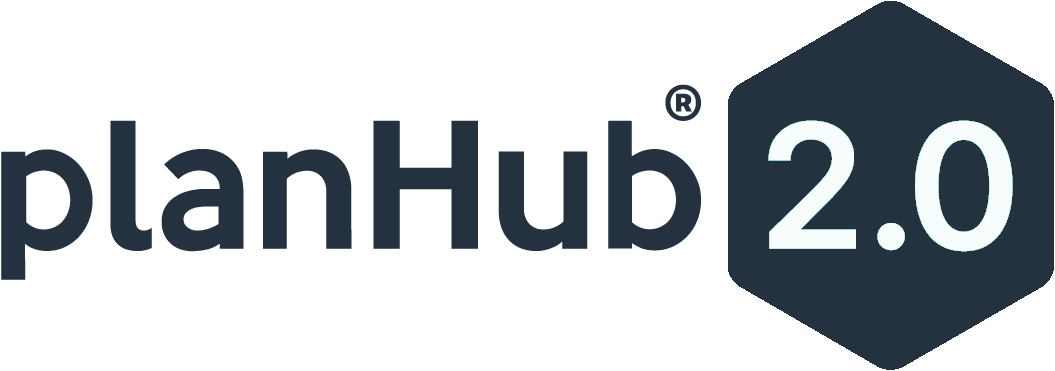- PlanHub
Tracking bid results, including wins and losses and bid amounts, can help you be more competitive with your bids. Determining key stats, such as your success rate, will help you predict your future workload so you can better plan for your business. If you don’t track your bid results, you could be flying blind.
What to track
Capturing some necessary information about each bid will help you gather data so you can analyze your success.
Project name
Record the name of the project as provided on the bid documents.
Customer name
Record the name of your potential client. You can use this information to determine the number of bids you create for specific clients or develop some KPIs around your success based on the type of client.
Location
Record fundamental data about the location of the project. Typically, this would include the city and state, or you may break your service area into regions.
Project type
This is a custom field that you can cater to the type of work you perform. The more detail you provide, the more detailed your analysis can be. Project types may include: residential, commercial, new construction, remodel, public bid, private, multifamily, restaurant, hospital, etc.
Start date
Track the anticipated start date for each project. This will help you with predicting your personnel needs in the future.
Project duration
The duration of the project will give some insight into the scale of the work to be done. This will also allow you to project workforce requirements.
Estimator
If you have more than one estimator on your team, list their name. This will allow you to do an analysis of the bid success rates for each estimator.
Amount of bid
Record the total amount of the bid. This provides data on the scope of work and the size of the project.
Result
Record whether you were successful in securing the project.
Winning bid
If you weren’t successful in securing the bid, record the winning amount. You can use this to analyze your profit margin and any changes in your bidding practice you need to make to be successful.
Why should you track bid results?
Projects fall through the cracks
If you aren’t tracking the projects you’re bidding, it’s possible that you might miss an opportunity. Following up on every bid you submit allows you to learn from the process and helps you refine your pricing.
Know your win percentage
Using the data you collect on your bid results spreadsheet, you can predict future outcomes on bids based on your winning percentage. You can analyze results for your overall win percentage as well as for specific project types.
Determine how much it costs per bid
Once you determine how many bids your team is performing in a month or year, you can calculate how much it costs you to provide each bid. If you have one estimator, divide the number of bids performed into the estimator’s salary to get an approximate cost. Be sure to include employer costs like health insurance and retirement funds. If you have multiple estimators on your team, determine the number of bids each one has performed within the time period and divide that number into their salary.
Estimator stats
Calculate the success rate of each estimator by dividing the number of wins into the number of bids they performed. You can look at success rates for certain types of projects, specific project sizes, or over a particular time period.
Set goals
If you don’t know where you’ve been, you can’t make goals. Measuring your current success rate helps you determine where you should be and how to get there. Analyzing bids based on who estimated them, the type of work, the size of the project, and other factors will help you set goals for improving your bid success.
Conclusion
Tracking your success and failures of bidding allows you to learn from your mistakes and make improvements. Analyzing the data will show you where you are today so that you can make goals for tomorrow.
Need a way to track your bids quickly and easily? Check out PlanHub as your one-stop solution.




